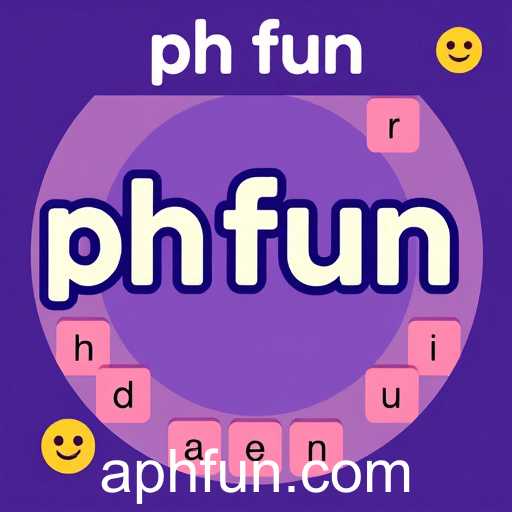An engaging dive into the world of spelling quizzes under the 'ph fun' category, highlighting their educational benefits and entertainment value.
In the digital age, online games have become a popular source of both entertainment and education, appealing to a wide variety of audiences. Among these, spelling quizzes stand out as a unique category that combines fun with a learning curve, particularly those grouped under the 'ph fun' category on various gaming websites. This niche of spelling challenges brings an interesting twist to the classic word games we have all encountered during our formative school years.
The term 'ph fun' suggests that these quizzes have an element of phonetic fun, possibly incorporating playful language activities that engage users more dynamically than usual. Players might encounter games that prompt them to spell words based on phonetic clues or involve puzzles where the phonetic pronunciation of words adds an extra layer of challenge. Such quizzes can range from basic word spelling to more intricate tasks that include deciphering homophones, synonyms, and antonyms.
The 'ph fun' spelling quizzes serve multiple purposes. Firstly, they act as an excellent educational tool for enhancing vocabulary and understanding phonetic patterns. These games can be particularly beneficial for younger audiences, helping them to grasp the fundamentals of pronunciation and spellings in English. They also encourage cognitive abilities like memory, attention to detail, and problem-solving skills.
Moreover, these quizzes often incorporate elements of competition and achievement through scores and levels, appealing to the competitive nature of many players. The sense of accomplishment when advancing through difficult levels keeps users engaged for longer periods, making them highly effective as learning tools in disguise. Subsequently, players often experience an improvement in their language skills without perceiving it as a monotonous educational task.
For adult audiences, the allure of 'ph fun' quizzes lies in their ability to provide a mental exercise that is both relaxing and informative. Adults looking for a fun distraction or a brain teaser during their downtime often find these quizzes a perfect fit. This kind of gaming experience is especially relevant in a world where mental agility and continued learning are valued alongside entertainment.
Furthermore, with the increasing integration of technology in education, these spelling quizzes are being adapted for classroom settings, providing teachers with innovative methods to enhance their teaching methodologies. Such tools enrich the traditional language curriculum by offering students a break from conventional learning and helping them to develop linguistic skills in a game-based environment.
In conclusion, the 'ph fun' spelling quizzes encapsulate why online educational games are thriving today. They bridge the gap between learning and entertainment, creating an engaging experience for all age groups. The combination of creativity and educational principles makes them an indispensable category within the gaming and educational domains, ensuring that users will continue to enjoy spelling challenges that are not just educational but also incredibly enjoyable.




